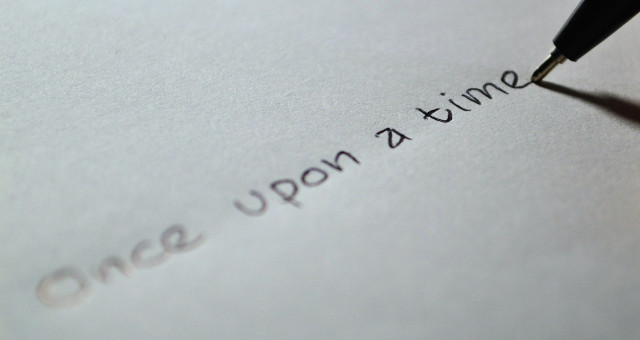
For women and men who have abused substances, guilt, shame and harsh self-judgment often get in the way of being honest and open with ourselves and another individual. This article gives you some guidelines to start to tell your story in whatever medium works for you. Giving oneself credit for what you have survived, done well, and are working towards doing well is vitally important as part of the healing process.
Below are some suggestions that can guide you.
Find a way to tell your story, you can write it, talk it, or create an art project drawing or collage. Use pencils, pens, colors paints, etc.
Tell your story of addiction. Include good as well as bad. Try to listen for themes.
Listen for discoveries, different understanding of what you did and have a sense of compassion for yourself.
Be respectful of what you lived through, no putting yourself down. Try to reflect your understanding of yourself without harsh blame.
If you have a history of trauma or violence, do not provide details about it now. Initially, just leave it out or only mention it in a few words.
Child abuse, rape or domestic violence may be connected to your addiction, but it may not be safe to talk about it in early recovery.
In early recovery, you need to be self-protective and take on only as much as you can handle.
Working with a professional therapist or trauma specialist can help you in working with trauma.
Notice what you have done right. Maybe you have reached out for help.
There were ways you got through bad times so acknowledge this to yourself.
Telling your story can help you start moving towards a more fulfilling life free from substance abuse.
You get to decide whether you want anyone to hear your story.
You can tell it to a therapist, self-help group, pastor, close friend or partner.
Having a professional therapist who understands addiction can be very helpful in early recovery.
Sharing your story with a safe non-judgmental other can be an important part of the journey.
Many people who develop a Substance Use Disorder start with just trying to reduce the stress of the day.
Najavits, Lisa M. A Woman’s Addiction Workbook: Your Guide to in-Depth Healing. New Harbinger, 2002.
